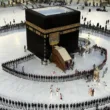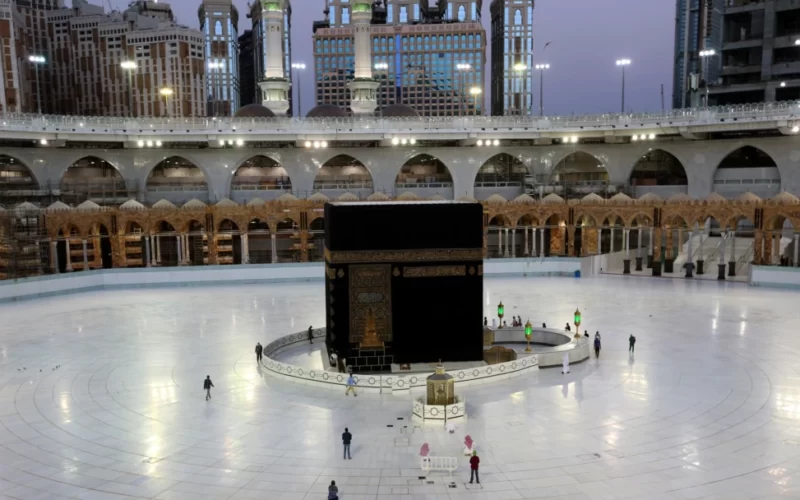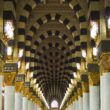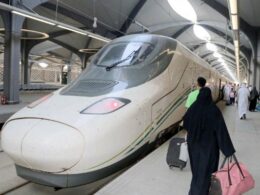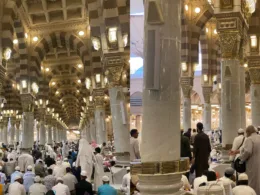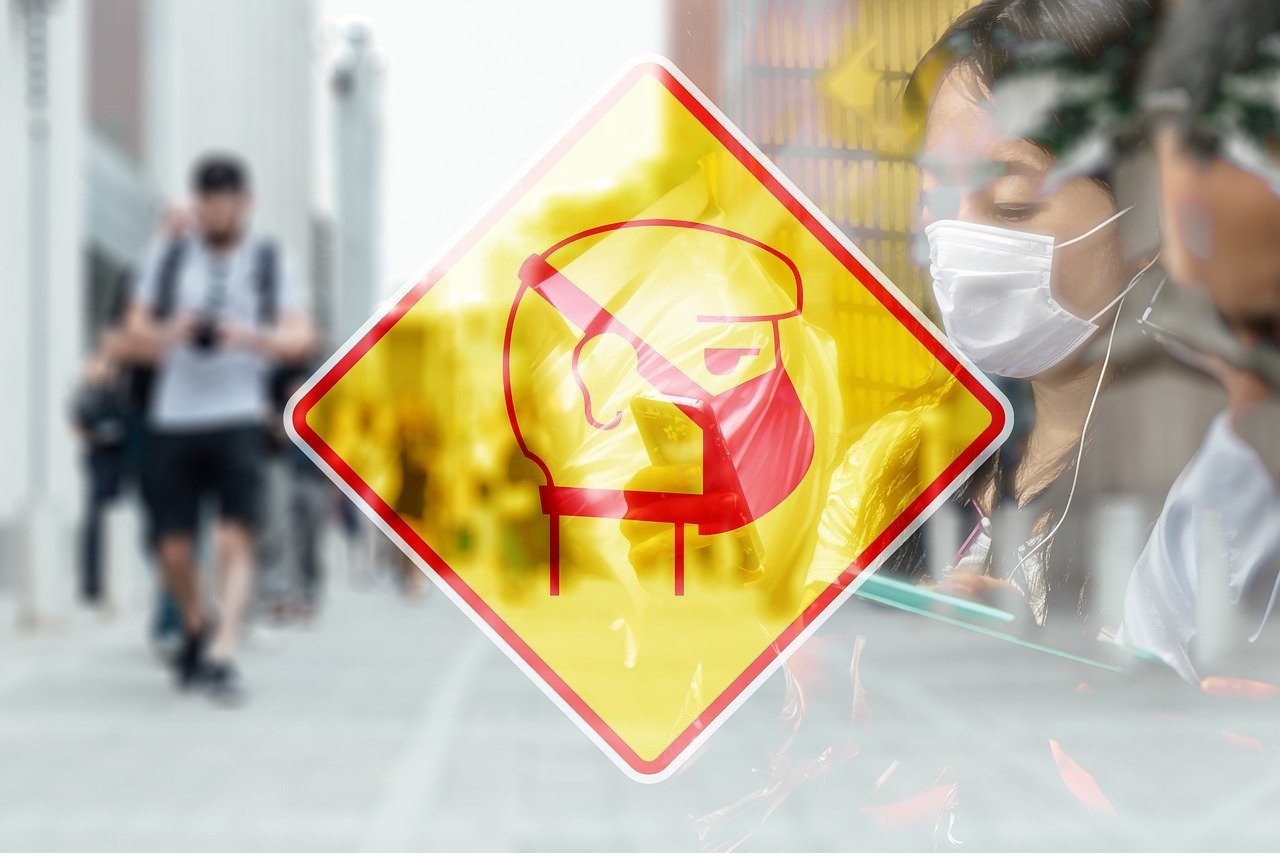On Monday, Saudi authorities officially announced Ramadan 2022 Operational Plan for the Two Holy Mosques in Makkah and Madinah. According to the official Twitter account of Haramain Sharifain, there are four main highlights of the Operational Plan.
Ramadan 2022 Plan For Masjid al-Haram and Nabawi
- The first is the limitation of Mataaf which is limited to Umrah pilgrims. Haramain Sharifain explained that Mataaf will be limited to only pilgrims who have an Umrah permit, however, Tawaf al-Nafl (Voluntary Tawaf) can be performed on the first floor. The first floor of the Masjidil Haram is also reserved for pilgrims with wheelchairs.
- The General Presidency for the Affairs of the Two Holy Mosques provides five areas for prayers in the Grand Mosque, including the eastern courtyard and a designated area for worshipers with special needs.
- In addition, the operational plan also regulates the return of Sufra to break his fast at the Two Holy Mosques and tighten monitoring of children.
- Previously, the General Presidency for the Affairs of the Two Holy Mosques had previously announced the return of iftar meals at the Masjid al-Haram and Masjid Al Nabawi after two years of suspension due to the COVID-19 pandemic.
- The presidency explained that the authorities will provide meals for visitors who will break their fast and visitors are not allowed to bring food from outside into the premises or courtyard of the mosque. These meals will be distributed individually, meaning the congregation will receive water and Dates only for personal consumption and are not allowed to share with each other.
In a special ceremony held to release the Ramadan Operational Plan, Sheikh Abdurahman Al-Sudais, Head of the General Presidency for the Affairs of the Two Mosques, said that the operation plan involved accepting all worshipers following the measures to prevent the spread of COVID-19 but at the same time providing convenience for the visitors to get their best experience while in the mosques.
Al-Sudais said that there would be nearly 12,000 workers who will serve pilgrims during Ramadan and will be assisted with digital services and artificial intelligence to improve services during the holy month.
The Two Holy Mosques are expected to welcome many worshippers during the holy month of Ramadan after the 7-month restriction on prayer and Umrah was suspended last October.
Subscribe to our channels on WhatsApp, Google News, Facebook and Instagram.Discover more from The Islamic Information
Subscribe to get the latest posts sent to your email.




